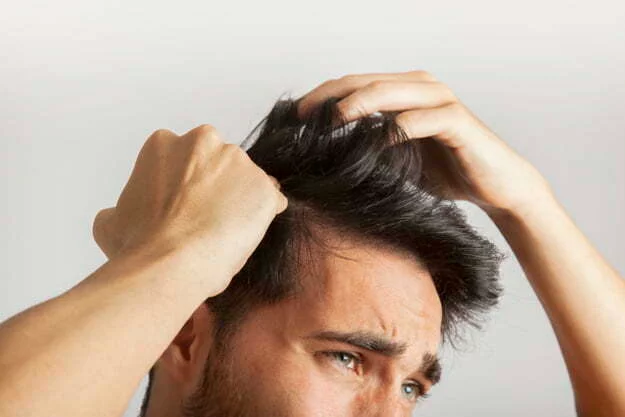

The most preferred aesthetic operation for men is hair transplantation. Although the results after the operation are quite satisfactory, the maintenance order should not be disrupted to achieve the desired results. Otherwise, hair transplant results may not be what you expected. What is itching after hair transplant?
Itching is the most common finding after hair transplantation. Transplanted hair follicles may itch a lot in the first days after the operation. Scabing on the scalp also causes itching.
The most common symptom after hair transplantation is itching. Itching can be seen in anyone have a hair transplant. If your head is itching after the operation, you don’t have to worry. Itching usually occurs in the first week after the operation. It pass in about 2 weeks.
After hair transplantation, itching is not experienced so much that it is unbearable. If you constantly feel itching after hair transplantation, you should consult your doctor.
Itching after hair transplantation is more common in the donor area. However, itching may also occur in the transplant area. Micro channels are opened to the scalp during hair transplantation. These channels opened are quite small. Post-operative itching is a part of the healing of these holes. If your scalp is itchy, this is an indicator of improvement in that area.
There are multiple causes of itching. These:
• Crusting,
• Infection,
• Allergy and
• Growth.
Crusting is the most common cause of itching. Micro holes opened in the operation begin to close in a short time. This shut-down process happens to crust. Crusting is part of the healing process. It causes itching over time. In this case, the itchy areas should never be scratch. If you scratch the scalp, you may get an infection or damage the transplanted hair follicles.
Itching from infection is extremely rare. It usually comes on suddenly and produces a very severe itching sensation. If you encounter such a situation, you should talk to your doctor.
Main causes of infection after hair transplant:
• Not using drugs after the operation,
• Insufficient attention to hygiene and
• Staying in dirty and dusty environments.
Allergy is common in people who use shampoo and care products without consulting a doctor.
The use of sprays or hair styling products can also cause allergies. Hair follicles should be expected to heal before using such products.
The growth of the transplanted hair follicles can cause itching. Your itching may increase with hair growth. This situation occurs 1 – 2 months after the operation. After the itching caused by crusting ends, you may experience itching due to the elongation. Itching in the donor area is not very common. Itching is felt from time to time in this area.
With the first wash after hair transplantation, the itching sensation will be greatly reduced. Itching will disappear in the first 14 days after the operation. There are some methods to reduce itching during this period. These:
• You should never neglect your post-hair transplant care.
• You should use the hair care products recommended by the doctor regularly. Itching will be minimized with shampoo and care products recommended by your doctor.
• After hair transplantation, the scalp should never be scratch. If you scratch, your hair follicles may be damaged or you may get an infection.
• Avoid heat exchange.
If itching after hair transplantation continues for a long time;
• You can use creams and solutions to reduce itching. You should use these products in consultation with your doctor.
• If you have severe itching, your doctor may prescribe medication. However, you should not use anti-itch pills without your doctor’s advice.
You can contact us to get information about hair transplantation in our clinic and to learn how you can benefit from this information. By having an initial consultation with Estheticana, you can send photos of the front, top, sides (right-left), and back of your head.
Our patient consultants are here to explain the procedure and prepare a treatment plan for your expectation. Fill out the form and our consultants will contact you shortly.
Scarring may occur in some hair transplantation operations. The…
Hair tansplant specialist is a person who takes the necessary t…
Hair loss or hair thinning is usually caused by hormonal or genetic reasons…
Copyright @ Estheticana.